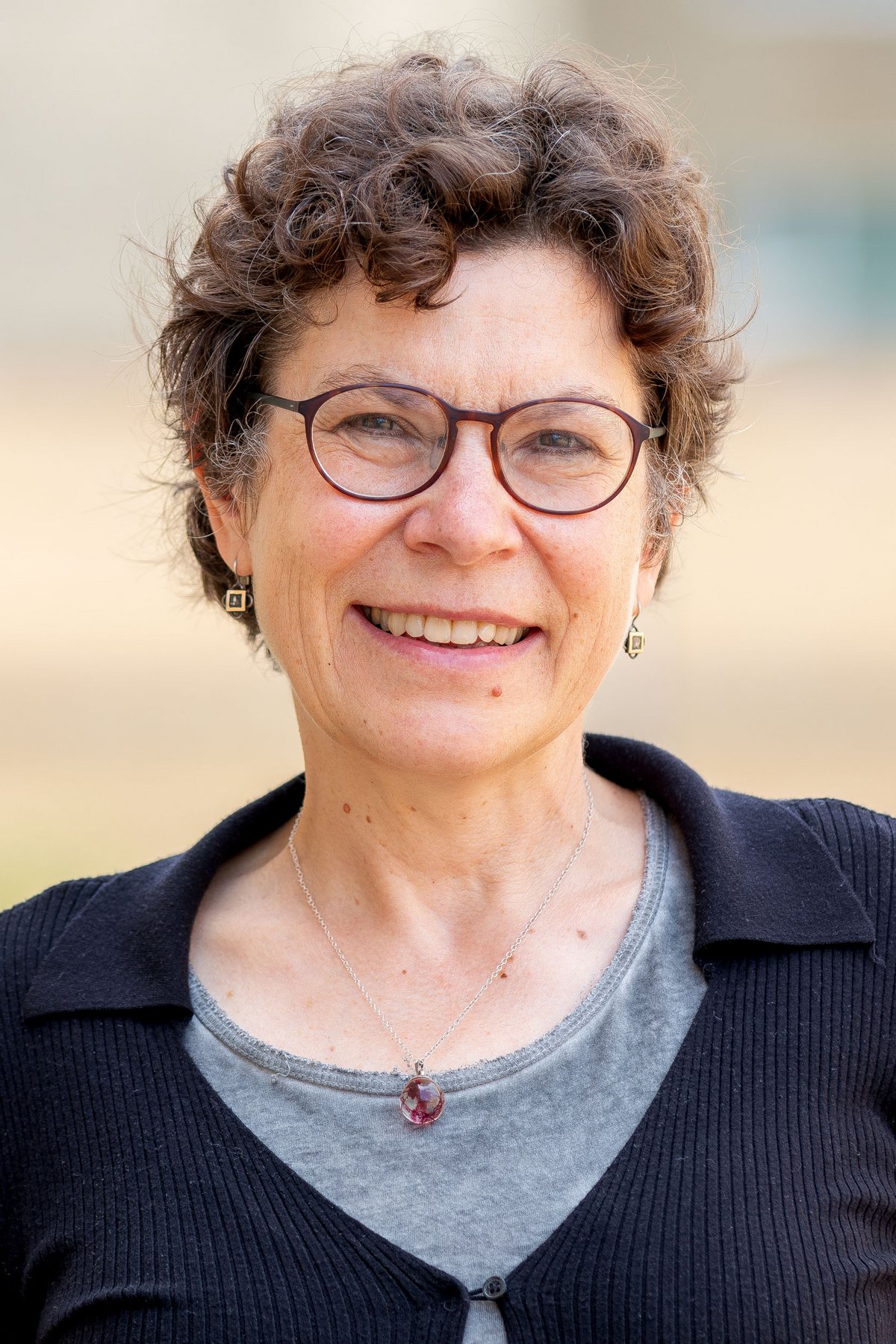How do we create a better healthcare system for everyone?
Meet Professor Viola Burau, who researches health policy and organisation, examining how the structures of society and the healthcare system influence if and how people receive help when in need.
Similar challenges, but different responses
According to Viola Burau, the challenges facing healthcare systems in high-income Northern European countries are very similar: We need to tackle demographic changes, shortages of healthcare personnel, social inequalities in health, and much more.
"I am fascinated by how differently otherwise comparable countries address these challenges. It demonstrates just how complex it is to create sustainable frameworks for health."
Often there is a perception that if we have evidence for what works, we can ensure better health. Viola Burau’s research challenges this view by highlighting the conditions necessary for creating lasting changes in health policy and organisation: How and why do health programmes work, and for whom?
For example, she investigates how the introduction of problem-solving therapy rests on being professionally meaningful for nurses in general practice. And how cross-sectoral teams for people with severe mental illness need to navigate the division between specialised regional and general municipal mental health services to deliver integrated health access.
Discussions on health reforms are at a crossroads
The COVID-19 pandemic has highlighted and exacerbated persistent challenges in the Danish healthcare system. There is a shortage of healthcare personnel and also a need to prioritise the primary healthcare sector.
At the same time, there is great pressure on financial resources, partly due to the war in Ukraine and the climate crisis. This has been the norm for low- and middle-income countries, which have extensive experience distributing healthcare services and personnel in situations of scarcity and uncertainty.
"I would like to investigate what we, as researchers, healthcare professionals, and politicians in Denmark, can learn from low- and middle-income countries."
With her background in social sciences and political science, Viola Burau has a natural interest in societal conditions and politics, and in how governments, ministries, interest organisations, and authorities at regional and local levels shape the frameworks for health.
"I am very aware of the important role of healthcare professions in health policy and organisation. They are the link between the public and citizens, through their professional organisations and their professional practice."
You might also like

5 highlights about Viola Burau
- Holds an MA in social sciences and a PhD in political science.
- Published a textbook on 'Comparative Health Policy' in 2004 which is now in its 5th edition.
- Primary investigator (PI) on a six-year research project funded by the Novo Nordisk Foundation and the Health Foundation, focusing on 'organisational determinants of health inequalities'.
- Collaborates with colleagues in general practice, including on a project introducing problem-solving therapy for people with chronic illness and a project on new initiatives to strengthen acute primary care.
- Worked as a senior researcher at the Central Denmark Region's research organisation Defactum for seven years.